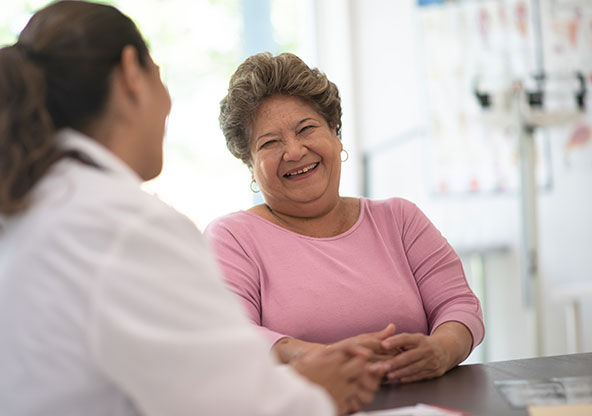Notice of Oracle Health/Cerner Security Incident
Learn More about past patient records that may be affected by a 2025 security breach.
-
Security Incident
-
Learn More
Learn More about past patient records that may be affected by a 2025 security breach.
-






